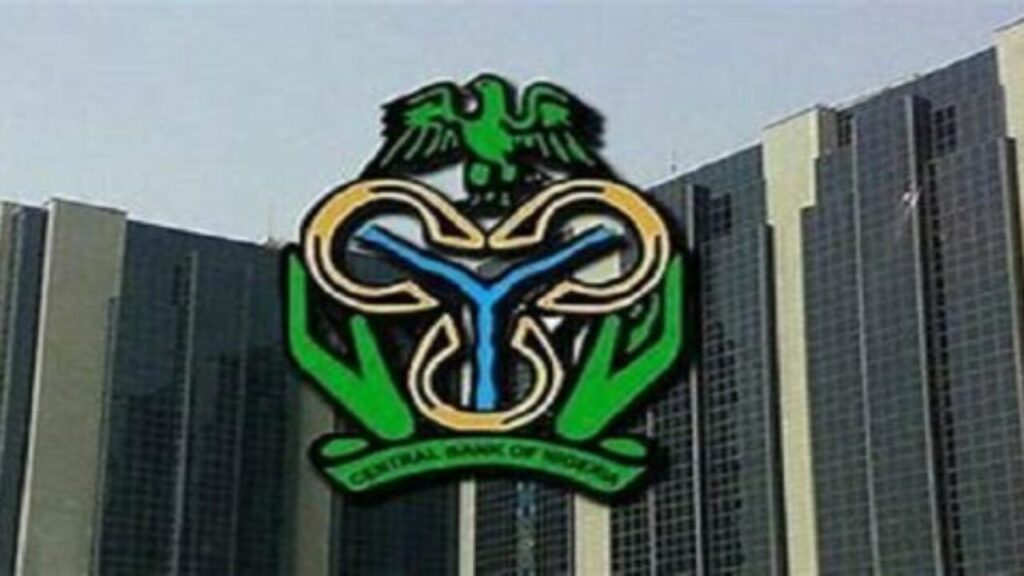The country recorded total foreign exchange (FX) inflow of $20.48 billion in the first two months of 2025, the latest economic report released by the Central Bank of Nigeria (CBN) has shown.
New Telegraph’s analysis of the apex bank’s monthly economic reports for January and February 2025 disclosed that total foreign exchange inflow rose to $10.68 billion in February, from $9.80 billion in the preceding month.
This means that the total FX inflow of $20.48 billion recorded in the first two months of this year is 49.16 per cent, or $6.75 billion, higher than the $13.73 billion reported by the CBN for the corresponding period of 2024.
Further analysis of the CBN’s economic report for February 2025 shows that the economy recorded a higher net foreign exchange inflow occasioned by higher inflow from autonomous sources.
Specifically, the report said: “Foreign exchange flows through the economy resulted in a net inflow of $6.91 billion, compared to $4.96 billion in January 2025. Aggregate foreign exchange inflow rose to $10.68 billion, from $9.80 billion in January while outflow decreased to $3.77 billion, from $4.84 billion in the preceding month.
“Foreign exchange inflow through the Bank fell to $2.37 billion, from $2.50 billion in the preceding month while, autonomous inflow rose to $8.31 billion, from $7.31 billion. Outflow through the Bank fell to $2.68 billion, from $3.80 billion in January 2025. In contrast, autonomous outflow increased to $1.09 billion, from $1.04 billion in the preceding month.
“Consequently, the Bank recorded a net outflow of $0.31 billion, compared to $1.30 billion in the preceding month, while a net inflow of $7.22 billion was recorded through autonomous sources, compared to $6.26 billion in the preceding month.”
Analysts attribute the significant increase in FX inflow into the economy in recent times to the forex reforms launched by the CBN in June 2023, which are aimed at liberalising the forex market and attracting foreign investors.
Indeed, in May last year, CBN Governor, Mr. Olayemi Cardoso, announced at a forum that foreign exchange inflow recorded by the country in the first quarter of 2024 was about 136 per cent of the total inflow recorded in 2023.
Cardoso, who was represented at the event by the Director of Risk, CBN, Blaise Ijebor, said: “We remain committed to using all the orthodox monetary policy tools available to us to address inflation.
We have also embarked on major reforms to liberalise the foreign exchange market, which has enhanced transparency, reduced arbitrage opportunities, promoted stability and improved the liquidity in the market.
“The settlement of all valid FX forwards, which was one of my commitments when I came on as Governor of the Central Bank of Nigeria, has also improved the confidence of stakeholders.
















